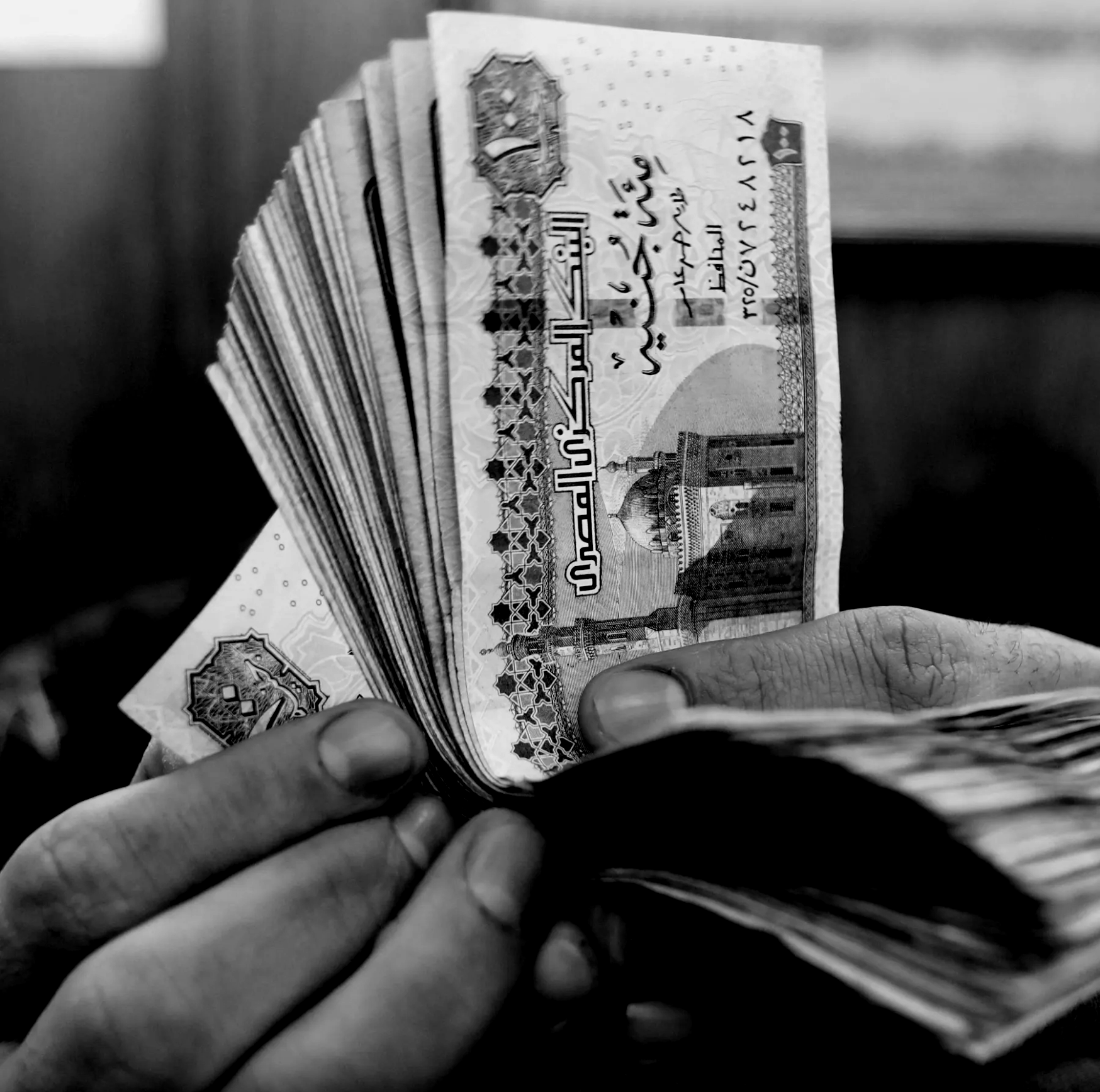The International Monetary Fund (IMF) recently assessed Egypt’s progress on its December 2022 loan agreement, revealing significant challenges and some successes in economic policy implementation. The IMF report, based on a March review, highlighted Egypt’s failure to meet eight out of fifteen key policy commitments. Despite this, Egypt received a waiver of non-compliance from the IMF, allowing for the disbursal of $820 million, following an agreement to increase the loan from $3 billion to $8 billion in March.
Central to Egypt’s efforts was the unification of formal and informal exchange rates, a move aimed at stabilizing the currency market. Initially resistant due to fears of national security implications, President Abdel Fattah al-Sisi eventually supported a significant devaluation of the pound, facilitated by a $24 billion investment deal with the United Arab Emirates. This devaluation was coupled with a sharp increase in interest rates to curb inflationary pressures.
Acknowledging Egypt’s fiscal vulnerabilities, the IMF emphasized the need for reforms to address energy subsidies, which strain budgetary capacities and contribute to inflation. Despite the anticipated inflationary impact, Egypt committed to gradually aligning fuel prices with market rates, a move supported by the IMF to enhance economic stability.
Social protection measures were also strengthened, with expansions to programs like Takaful and Karama benefiting five million households. Additionally, Egypt undertook structural reforms including the development of a state ownership policy and amendments to competition laws to foster a more competitive business environment. Progress in privatization efforts was noted, generating significant revenues from asset sales.
However, challenges persist. The IMF cautioned against unsustainable public spending on mega-projects and urged stricter fiscal discipline to align with their own macroeconomic stability goals. This included reducing the budget for incomplete national projects and allegedly improving transparency in public sector expenditures. This will no doubt result in greater austerity packages for the Egyptian people, which will only add to the mounting issues faced by many in the country who are unable to afford enough gasoline for their cars, or food for their households.
Critically, Egypt faces mounting debt obligations, exacerbating vulnerability to external shocks such as geopolitical tensions and fluctuating global economic conditions. The IMF stressed the importance of maintaining a liberalized exchange rate system and prudent monetary policies, despite Egypt’s previous hardships faced with these policies.
Economists like Wael Gamal argue that IMF-mandated austerity measures, such as tax increases and reduced public spending, may hinder economic growth rather than stimulate it. They highlight that such policies often suppress consumption and investment, crucial drivers of Egypt’s economic activity.
Egypt aims to reduce its debt-to-GDP ratio and manage its fiscal responsibilities more effectively. However, achieving these targets while navigating foreign pressures remains precarious.
Source: Reuters, Bloomberg





